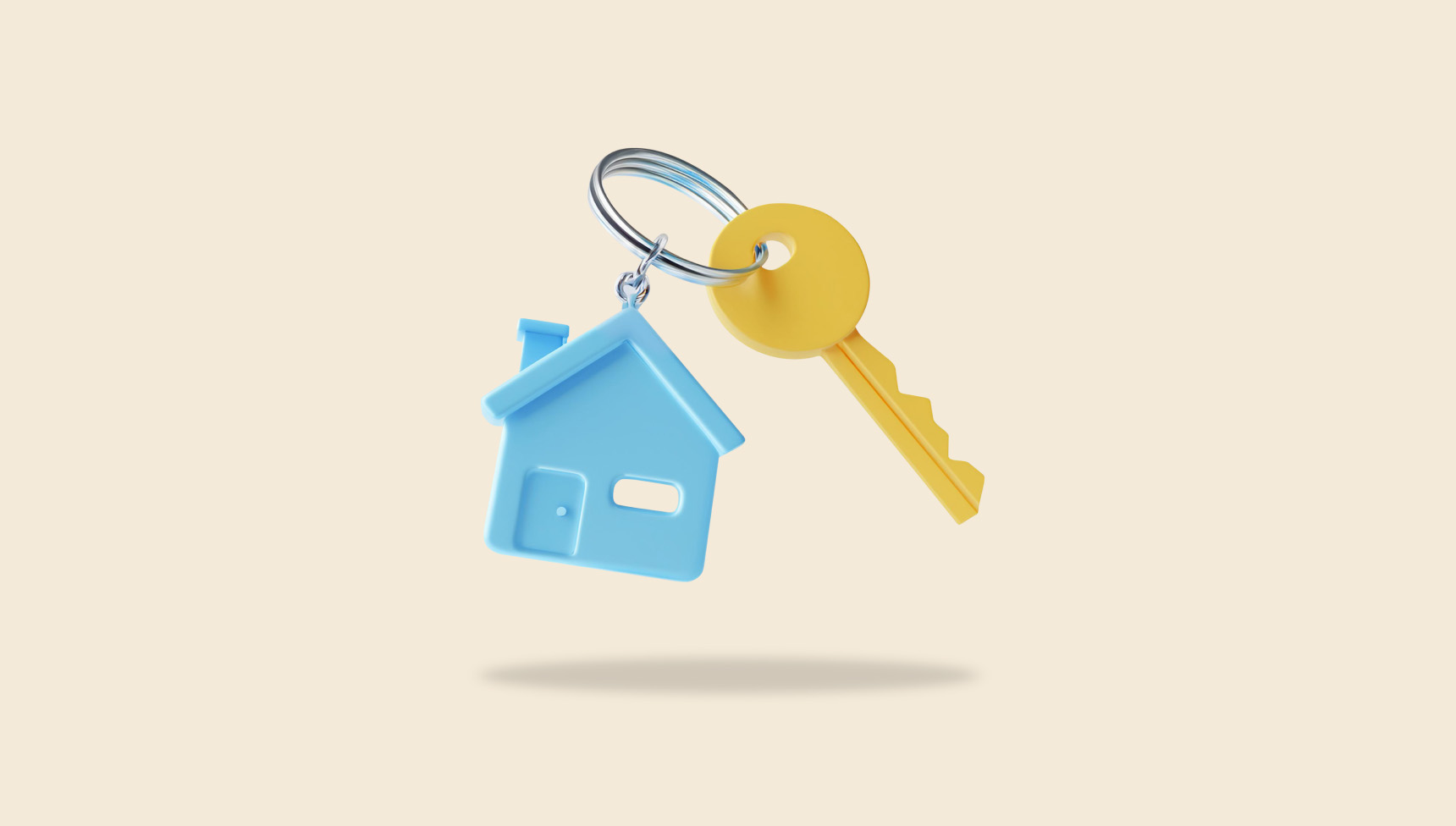December 14 2022
Loading...
Mortgage or super? A question that many homeowners will face during the life of their home loan.
Should you use available funds to pay off your mortgage sooner or invest them in your super to try to build a bigger nest-egg? There’s no one-size-fits-all answer but let’s see how the two options stack up.
#1 Access to your money
A few factors could impact your decision here. Things like life stage, your savings balance and the length of time left on your mortgage.
Mortgage
Extra payments you make on your home loan reduce your interest charges but generally cannot be accessed in the future. However, if you have an offset or redraw facility attached to your home loan, you can reduce your interest charges by making extra payments, while knowing that you can still access that money in an emergency or for other purposes. This can be particularly handy if your rainy-day savings account is looking a bit dry.
Super
On the other hand, the money you put into your super fund typically can’t be accessed until you reach your ‘preservation age’ at age 60. In saying that, making extra contributions into your super can be a great way of putting extra money aside for your future, knowing that you likely can’t dip into it until you reach your preservation age.
#2 Comparative returns
Between extra payments on your mortgage or extra contributions to your super, it’s no simple task figuring out which path will leave you in a better financial position.
If you make extra payments to your mortgage, you'll know how much you'll be saving on interest charges at a point in time since your interest rate is a known figure. Of course, if you have a variable rate loan, the interest rate may move up or down.
If you make extra contributions into your super, your investment returns are not guaranteed. Hypothetically, if you made the same payments to your mortgage and super, it’s possible that you could get a higher return on your money within super compared to what you save on interest charges. However, you also run the risk that your investment returns in super could vary considerably with the performance of the underlying assets and go backwards at times.
Mortgage
Interest rates are typically calculated daily, so putting extra funds towards your home loan early means paying less interest in the long run.
Super
The returns from your super will depend on the investment option you choose. While there is no guarantee of future performance, historical returns suggest that the more exposure you have to growth assets (like shares), the greater the chance of higher returns – but you also have higher risk (ups and downs).
#3 Tax impacts
Here are some tax impacts that are worth considering when weighing up your options.
Mortgage
Unless you own an investment property (where you can claim on the interest charged on your home loan if the property you bought with the loan is generating taxable income), no deduction is available for interest on your family home.
Therefore, making extra repayments on your family home mortgage could be an effective strategy to save on future interest (which means that a dollar saved is a dollar earnt).
Super
There are a number of possible tax benefits from making extra contributions into super. These include a typical tax rate of 15% on investment earnings when making pre-tax contributions.
There are super strategies that may benefit you at tax time. Pre-tax super contributions (such as employer contributions under a ‘salary sacrifice’ arrangement, and personal contributions on which you claim a tax deduction) are taxed at 15%* which may be lower than your individual income tax rate. Where you do not claim a tax deduction, your personal contributions may attract a government co-contribution. Additionally, spouse contributions may receive a rebate.
If you are considering these options, the rules can be complex and limits apply so check with your accountant or adviser.
*or 30% if you earn over a threshold which is currently $250,000. Find out more
So what now?
Ultimately, it all comes down to your personal circumstances and comfort zone. You might feel more at ease owning your home sooner and reducing the interest you may pay over time. Alternatively, you may feel better knowing that your extra savings are being invested inside your superannuation.
Still unsure?
Our team of financial advisers are on hand to help. As a Rest member, you can get the support and advice you need to help you make the right decision. There is a cost for this type of advice. We’ll tell you what the cost will be for your circumstances and then you can have a think about it before deciding whether to go ahead.
Book a call today







